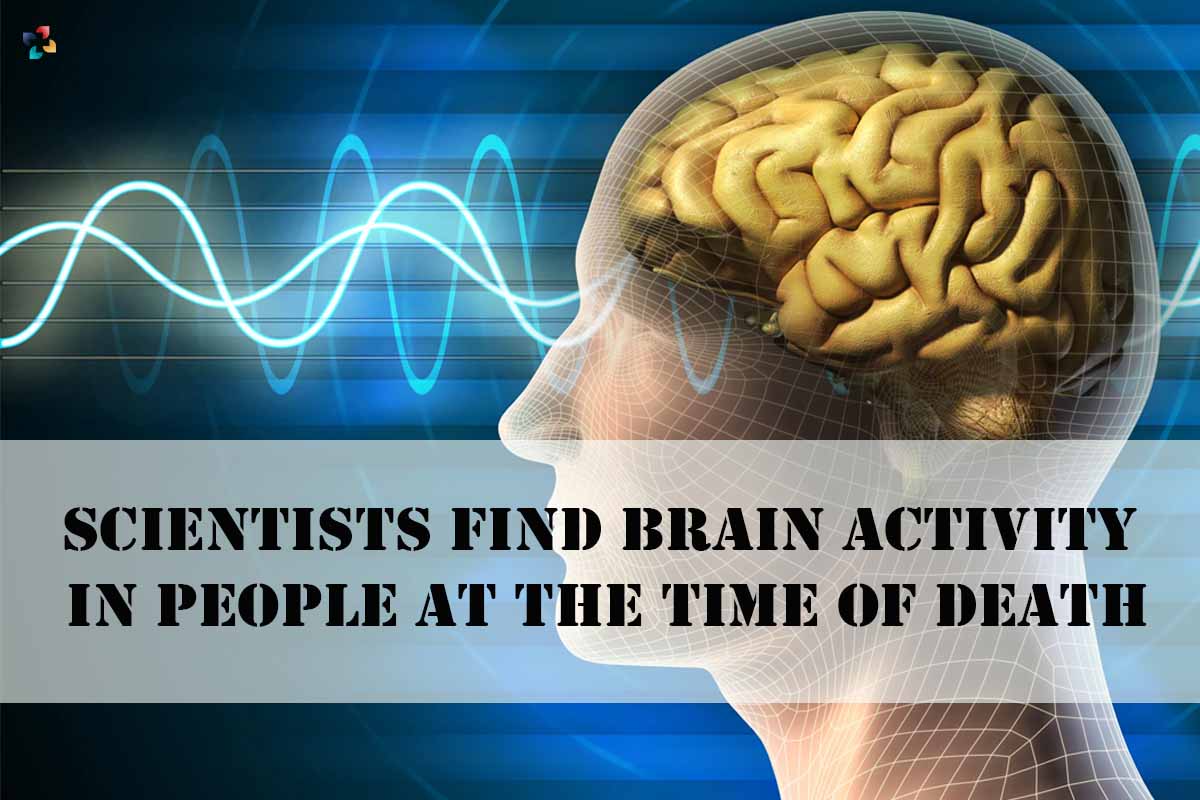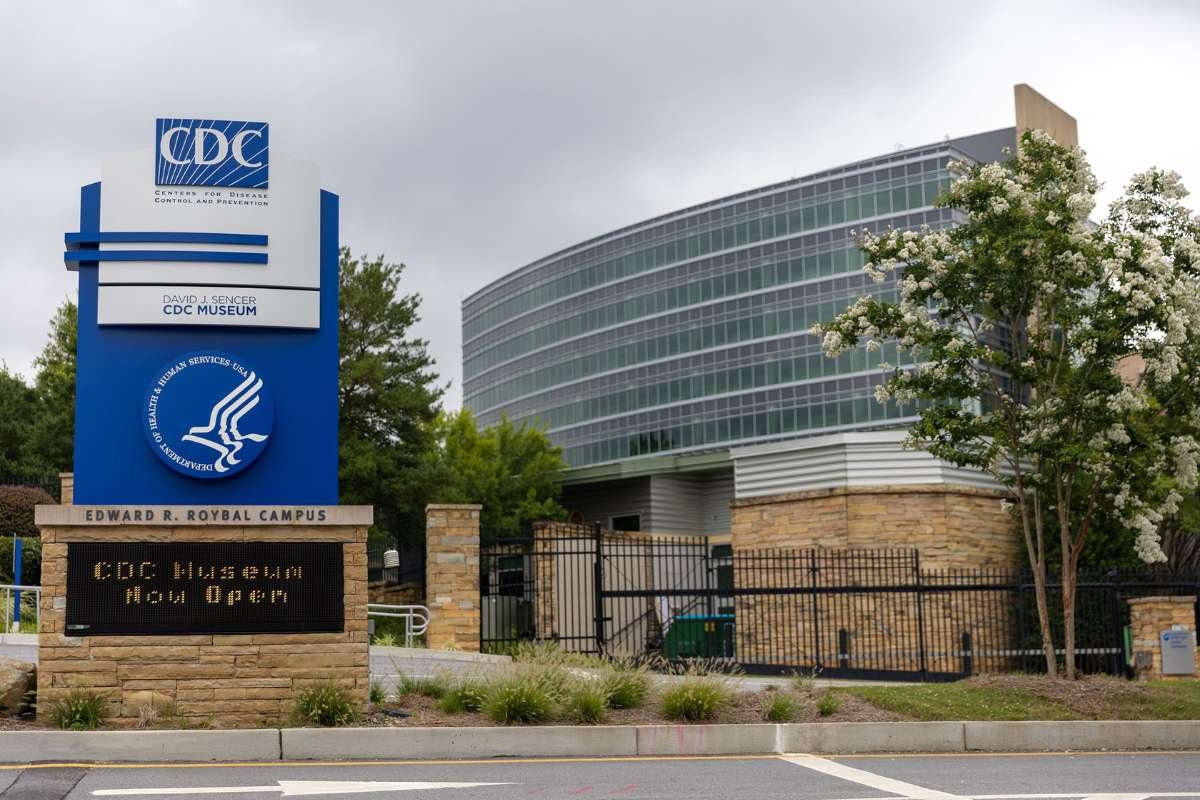We’ve all heard unsettling tales of people who narrowly escaped death yet lived to talk about the bizarre feelings and images they had in those final moments. According to a new study, researchers have recently noticed an increase in energy activity in the dying patients’ Brain Activity, proving that our brains can continue to function even after our hearts stop beating.
Excerpts from the Study
The findings refute the conventional wisdom that Brain Activity lose functionality as a result of oxygen deprivation after cardiac arrest, and they may eventually provide new insight into the strange occurrences related to near-death experiences (NDE).
Since she first saw spikes in activity in the dying rats’ brains ten years ago, Jimo Borjigin, an associate professor of neurology at the University of Michigan, has been intrigued by these issues. Gamma waves, the brain’s fastest oscillations and precursors to conscious perception, lucid dreams, and hallucinations, made up the surges.
Recently, identical gamma activity has been seen in the Brain Activity of patients who passed away in the hospital while being monitored by electroencephalogram (EEG) sensors, which capture neural activity.
What Does the Brain Think Right Before Death- What Happens Just Before Death- Dying Human Brain Scan
A Biological Paradox
Four unresponsive patients were taken off life support with the consent of their families, and the researchers looked at EEG readings from a small sample of these individuals. Two of the patients had complicated gamma activity during cardiac arrest in a region of the brain known as a “hot zone” that is essential for conscious thought.
New findings “demonstrate that the surge of gamma power and connectivity observed in animal models of cardiac arrest can be observed in select patients during the process of dying,” claims a study published on Monday in Proceedings of the National Academy of Sciences. The research’s description of near-death experiences as “a biological paradox that challenges our fundamental understanding of the dying Brain Activity” could potentially be used to explain the findings.








